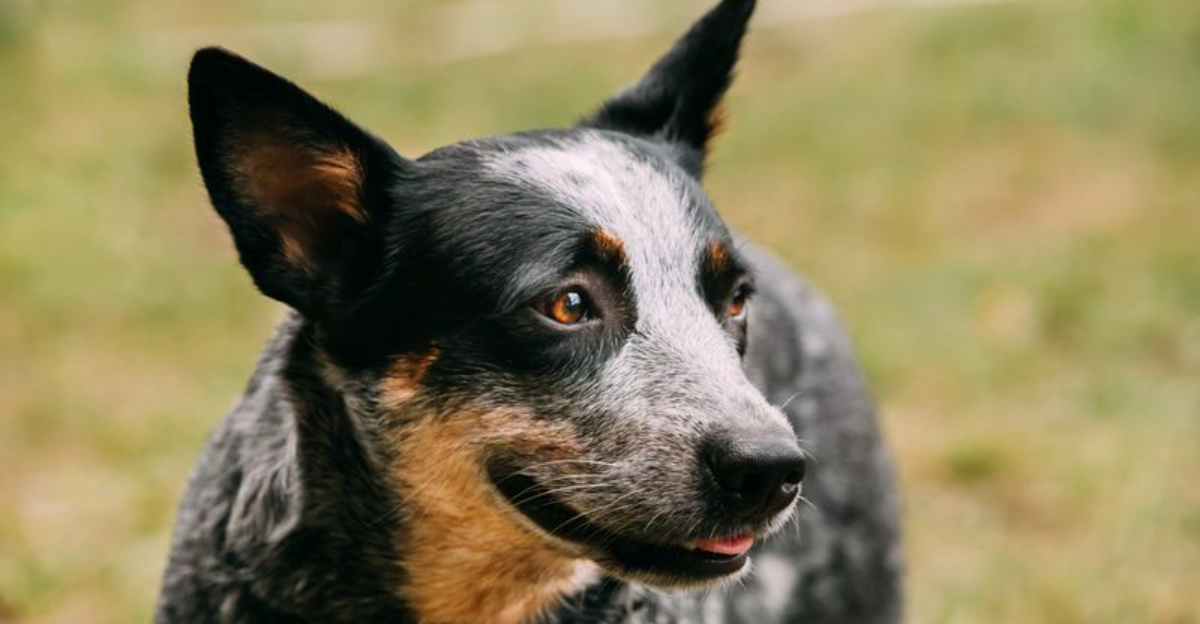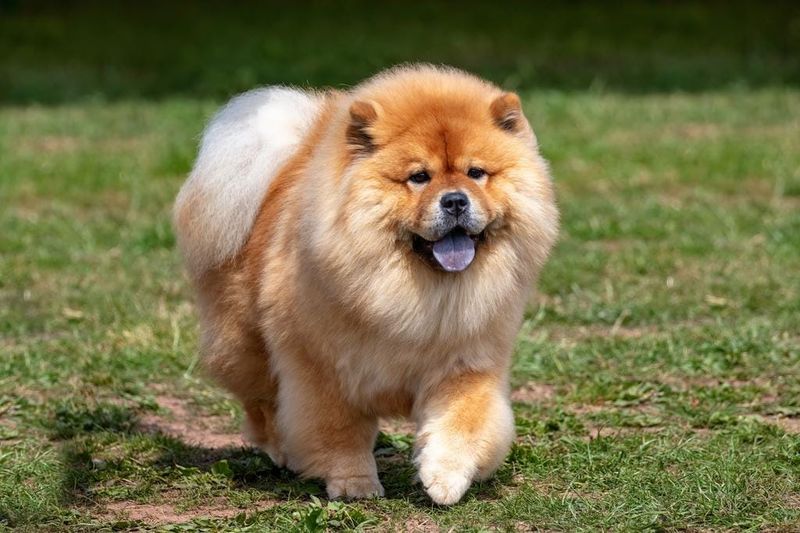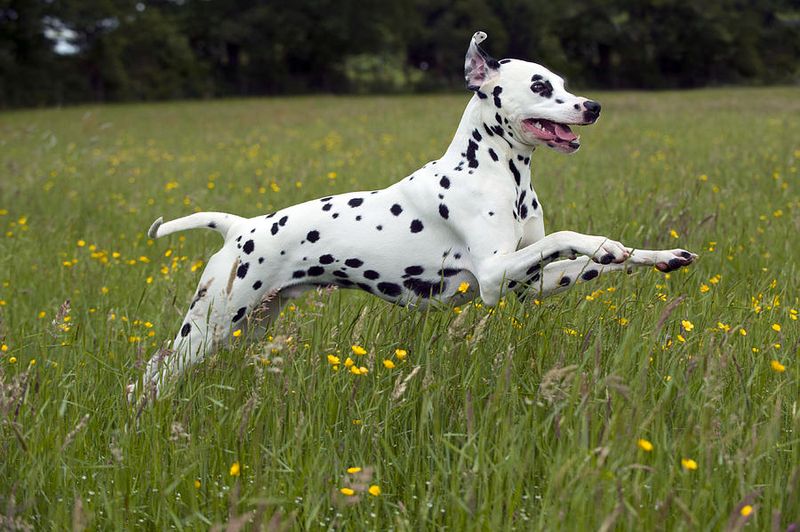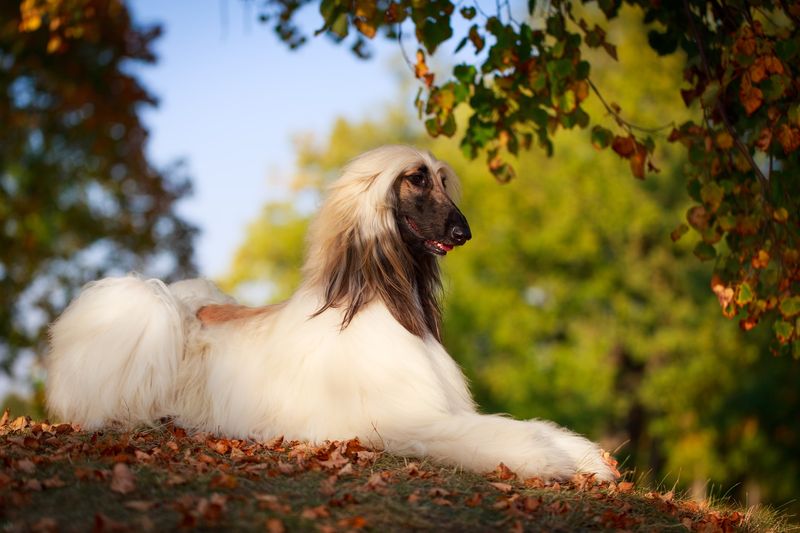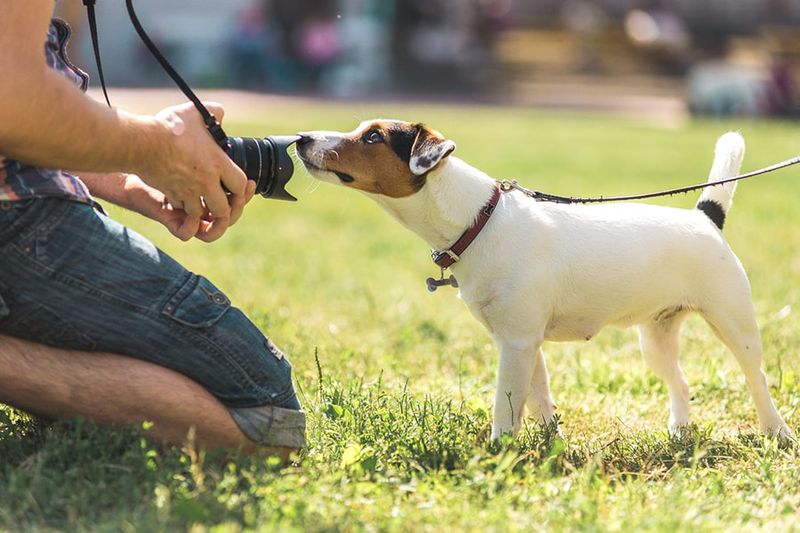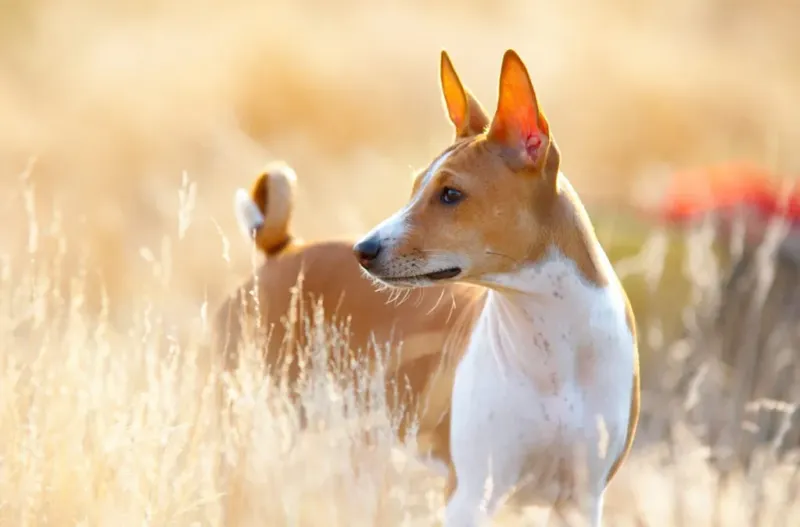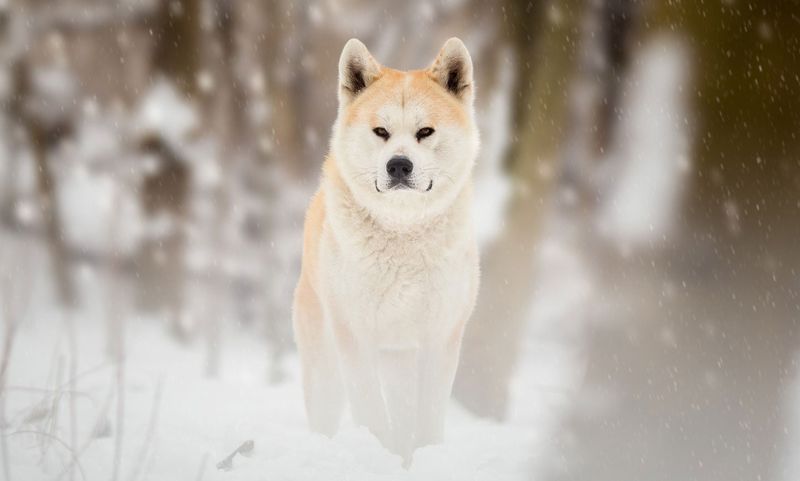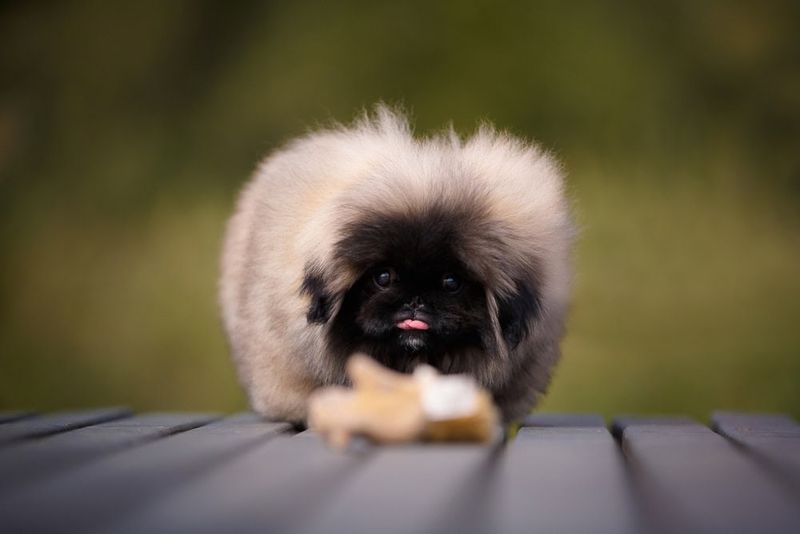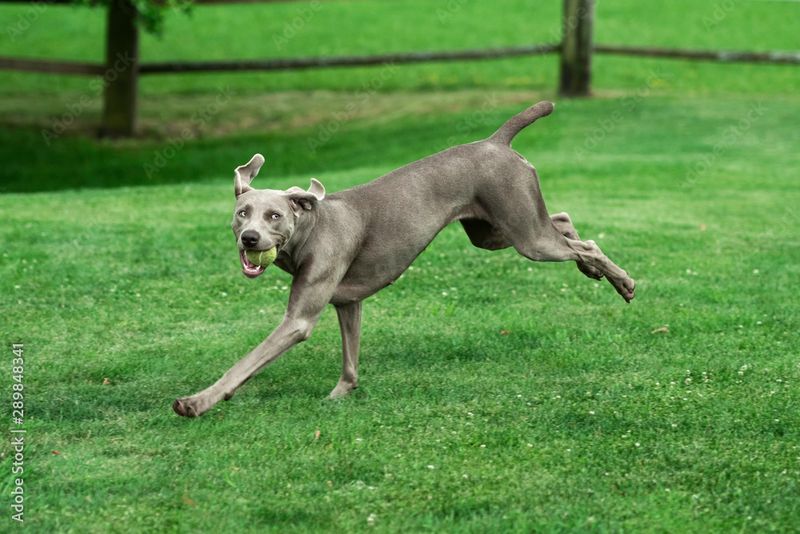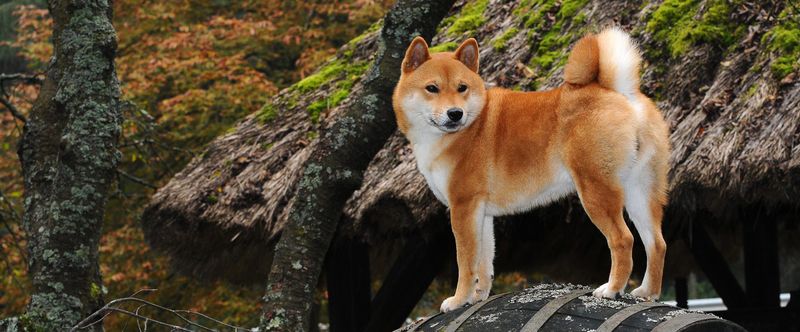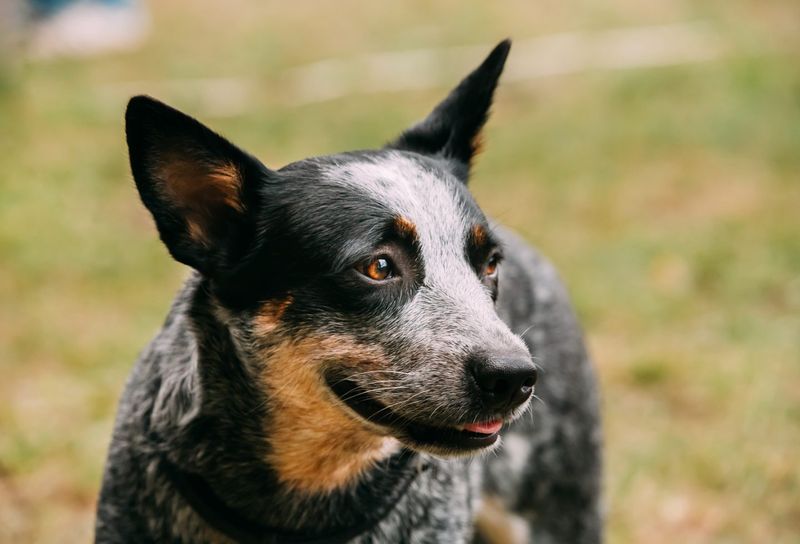Choosing the perfect dog breed for a family can be a daunting task, especially when considering how different breeds interact with children and adapt to family life. While dogs are often hailed as “man’s best friend,” some breeds may require more attention, specialized care, or training, making them less ideal for family environments. Below, we explore ten dog breeds that, according to data, might not seamlessly fit into every family dynamic. This guide provides insights and considerations for prospective pet owners, ensuring a harmonious match between families and their furry companions.
Chow Chow
The Chow Chow stands out with its regal appearance and aloof personality. While its fluffy mane might entice children, this breed is known for being independent and not overly affectionate. Chow Chows require firm training from an early age as they can be strong-willed. Families with young children might find their reserved demeanor less engaging than other breeds.
Interestingly, they were bred in China as temple guards, which contributes to their protective nature. Potential owners should be prepared for regular grooming and socialization to ensure they are well-adjusted and comfortable around strangers.
Dalmatian
Dalmatians, with their iconic spotted coats, are full of energy and require extensive exercise. Families looking for a calm companion might find their boundless enthusiasm overwhelming. These dogs excel in active homes where they can run and play frequently.
Originally bred as carriage dogs, Dalmatians have a protective streak and may not always be patient with young children. Training is crucial to channel their energy positively. If you can keep up with their pace, they make loyal pets, but always remember: a tired Dalmatian is a happy one!
Afghan Hound
With their aristocratic allure, Afghan Hounds are elegant but require specific care. Their long, silky coats need regular grooming to prevent tangles. This breed is known for being aloof and independent, often preferring to observe rather than interact actively.
Afghan Hounds have a high prey drive, meaning they might not be suitable for homes with small pets. They require a secure yard and a family that appreciates their unique personality. While they may not be the cuddliest companions, their beauty and grace are hard to resist.
Jack Russell Terrier
The Jack Russell Terrier is a small dog with a big personality. Known for their intelligence and energy, they thrive on activity and mental challenges. Families with sedentary lifestyles might find their constant need for stimulation a bit much.
These terriers are natural hunters, often showcasing their instinct through digging or chasing small animals. With firm training, they can be wonderful companions, but they require an owner who can match their spirited behavior. Despite their size, Jack Russells are not your typical lap dogs!
Basenji
Basenjis are often known as the “barkless dogs,” but this doesn’t mean they are silent. They communicate through unique sounds, almost like yodels. Their independent nature makes them charming yet challenging for families who prioritize obedience.
Basenjis are skilled escape artists, so a secure yard is a must. They are clean dogs, often compared to cats for their grooming habits. If you are looking for a low-maintenance pet, they might fit the bill, but remember, their inquisitive nature means they need mental stimulation.
Akita
Akitas are known for their strength and loyalty, often forming strong bonds with their owners. However, they can be wary of strangers and may not always be comfortable in bustling family settings. Early socialization is crucial for this breed.
With roots as hunting dogs in Japan, Akitas have a protective nature that can sometimes translate to stubbornness. Families need to be experienced or committed to training to manage their assertive personalities. Despite challenges, they are incredibly devoted, valuing their family deeply.
Pekingese
The Pekingese, with its lion-like mane and dignified air, is a breed that thrives on attention. Originally bred as companions for Chinese royalty, they carry themselves with pride. However, their strong-willed nature might not always mesh with young children.
Pekingese require grooming to maintain their luxurious coats and can be possessive of their owners. They appreciate a calm environment where they can be the center of attention. While they might not enjoy rough play, they offer companionship with a touch of regal charm.
Weimaraner
Weimaraners are elegant dogs known for their intelligence and energy. Their sleek silver coats are eye-catching, but their need for activity can be demanding. Families that enjoy outdoor adventures will find them to be enthusiastic companions.
Originally bred for hunting, Weimaraners have a strong prey drive and may not be best suited for homes with smaller pets. They require training to prevent boredom-induced behaviors. For active families, however, they provide loyalty and spirited companionship that’s hard to match.
Shiba Inu
Shiba Inus are spirited, often described as a “big dog in a small body.” Known for their independence, they are not always eager to please. This breed requires patience and consistent training, as they can be quite willful.
With roots in Japan as hunting dogs, Shiba Inus have a strong prey drive and might not be well-suited for homes with small pets. They require secure environments and owners familiar with their quirky behaviors. For those who appreciate a strong personality, Shibas offer endless charm.
Australian Cattle Dog
Australian Cattle Dogs, or “heelers,” are highly intelligent and energetic. Known for their herding instincts, they thrive in environments where they can work or play actively. Families with plenty of space and time for engagement will find them delightful.
Their natural herding behaviors can sometimes lead to nipping, a trait that needs addressing through training. They form strong bonds with their owners, requiring mental and physical stimulation to remain happy. For those ready to embrace their lively nature, they make loyal and loving pets.
